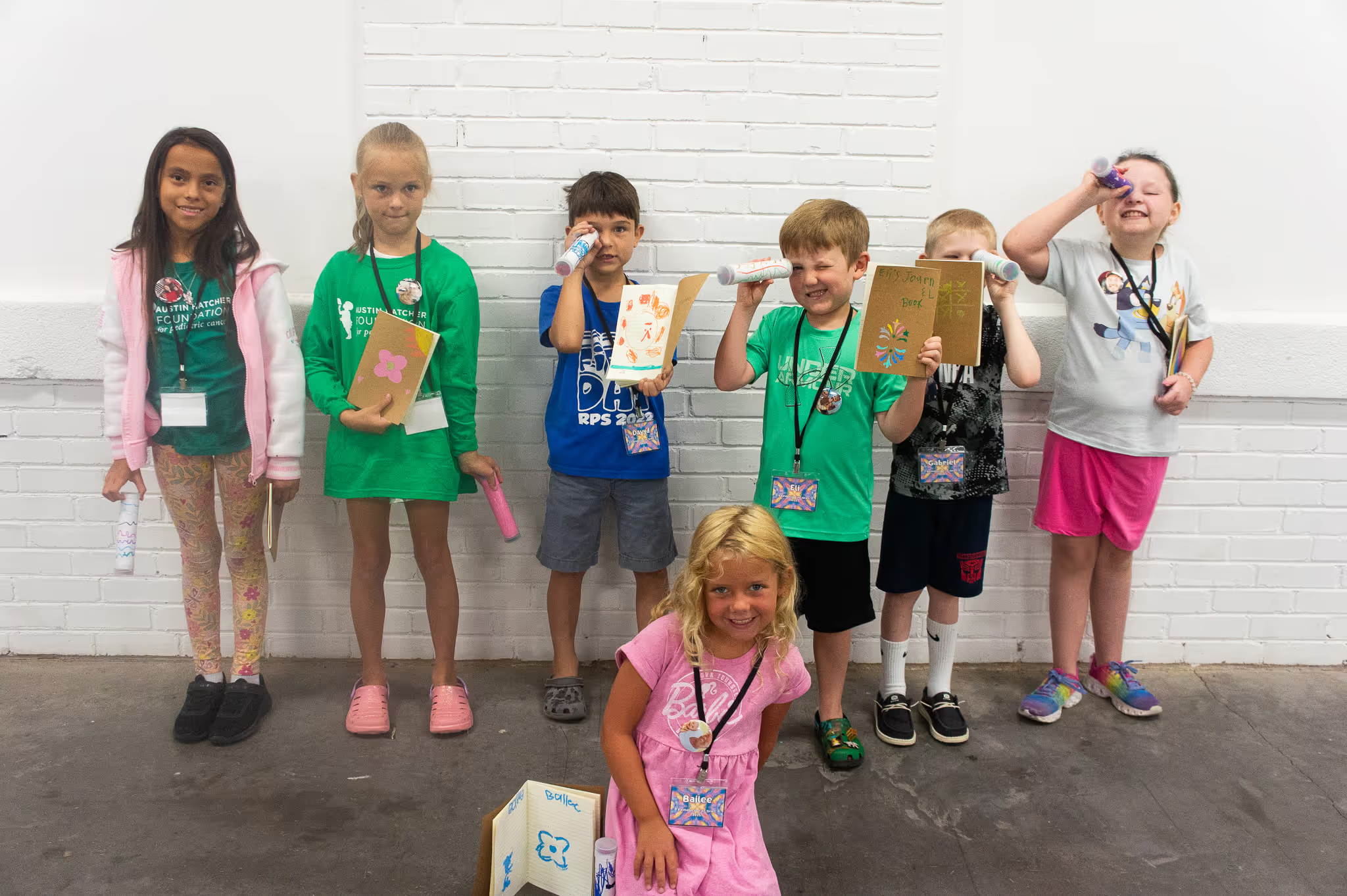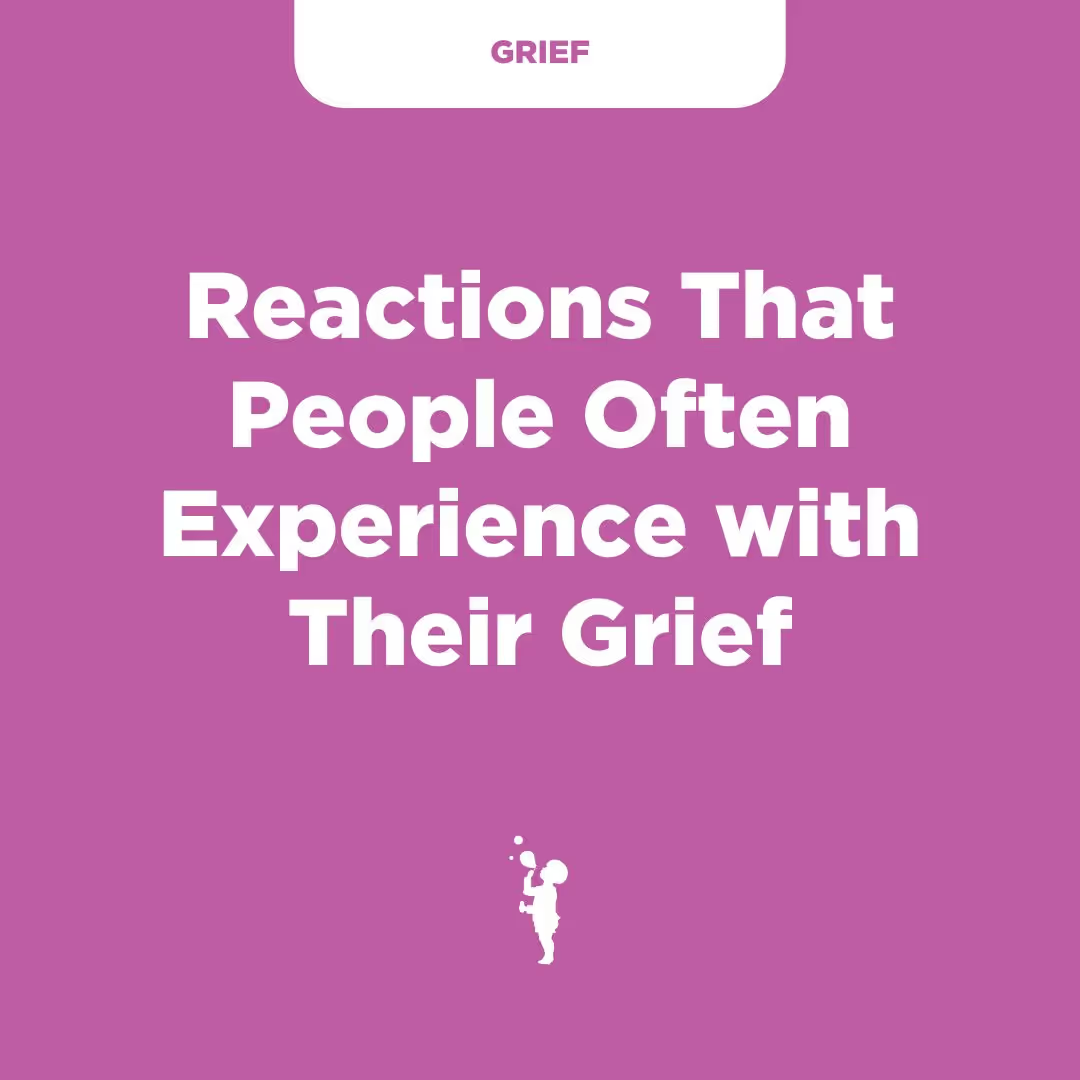How to Talk with Your Child or Teen After the Death of a Loved One
When you first talk to your child or teen about the death of a loved one, the conversation doesn’t end with just one discussion. Grief is a complex, ongoing process, and children may need continual support as they begin to process their emotions and ask more questions. Here are additional tips on how to support your child or teen through this challenging time.
Talk openly and honestly with them
When it comes to discussing the death of a loved one with your child or teen, honesty is crucial. Children can sense when something is wrong, and they may fill in the gaps with their own, often more frightening, ideas if they’re not given clear information. While it may feel difficult or uncomfortable, being open about what has happened can help your child begin to process the loss and start their journey through grief. Use Clear, Age-Appropriate Language, Acknowledge Their Feelings, Be Honest About Your Own Feelings, Provide Opportunities for Questions, and Keep the Conversation Going.
Give the facts in a direct and simple way
Keep your explanations appropriate for the age of the child/teen and only give them as much information as the child/teen needs. Understanding what happened can be very reassuring to the child/teen.
Explain what it means to die
For a child, sharing with them that the body stopped working and the person can not feel pain or be cold, hungry or hot can be helpful. Use terminology such as the person “died, dead, buried”. It is helpful to let them know that the person is not coming back. Depending on their age and comprehension some will understand this and others may not.
Avoid language that softens the message
There are many common phrases that are said to young children about death. “The person is sleeping” or “God took” the person. Other terms that are often used are “passed away, lost or gone”. All of these can be confusing to a young child wondering if they will be taken, lost or gone.
Check the Child’s Understanding
Be mindful of assuming that the child understands everything the first time that you share with them about the death. Ask questions: “What do you think happened?”, "What are you hearing others say?” or “What do you want to know?”
Encourage Expression of Feelings
It's important to create an environment where your child feels safe expressing their emotions. Let them know that it's okay to feel sad, angry, confused, or even relieved. Encourage them to talk about their feelings, and reassure them that all emotions are valid. Art, journaling, or play therapy can be helpful outlets for younger children who might find it difficult to verbalize their emotions.
Maintain Routines
During times of grief, maintaining a sense of normalcy can be very comforting to a child. Regular routines provide a sense of stability and security. While it's important to acknowledge their grief, continuing with familiar daily activities can help them feel grounded.
Model Healthy Grieving
Children often look to adults for cues on how to react in difficult situations. By expressing your own grief in healthy ways—whether through talking, crying, or finding positive ways to remember the person who has died—you show your child that it's okay to grieve and that there are ways to cope with loss.
Remembering and Honoring the Loved One
Encourage your child to find ways to remember and honor the person who has died. This could include creating a memory box, writing a letter, or participating in a commemorative activity like planting a tree or releasing balloons. These rituals can provide comfort and help your child feel connected to their loved one.
For More Support...
If you need additional help or resources, the Austin Hatcher Foundation for Pediatric Cancer is here to support any family affected by pediatric cancer. We offer a range of services designed to help families navigate the emotional challenges of grief and loss. Our licensed therapists, support groups, and educational materials are available to provide guidance and comfort during this difficult time. Remember, you don't have to go through this alone—reach out to us whenever you need support.
For more information, visit our website at www.HatcherFoundation.org.
About the Austin Hatcher Foundation for Pediatric Cancer
The Austin Hatcher Foundation for Pediatric Cancer is a nonprofit organization dedicated to providing a lifetime of free essential services to children and families affected by pediatric cancer. Through its various programs, the Foundation offers support, education, and hope to children battling cancer and their families, helping them navigate the challenges of diagnosis, treatment, and survivorship. For more information about the organization, visit www.HatcherFoundation.org.
Call/Text: 423-243-3471
Email: info@hatcherfoundation.org








.png)
.png)
